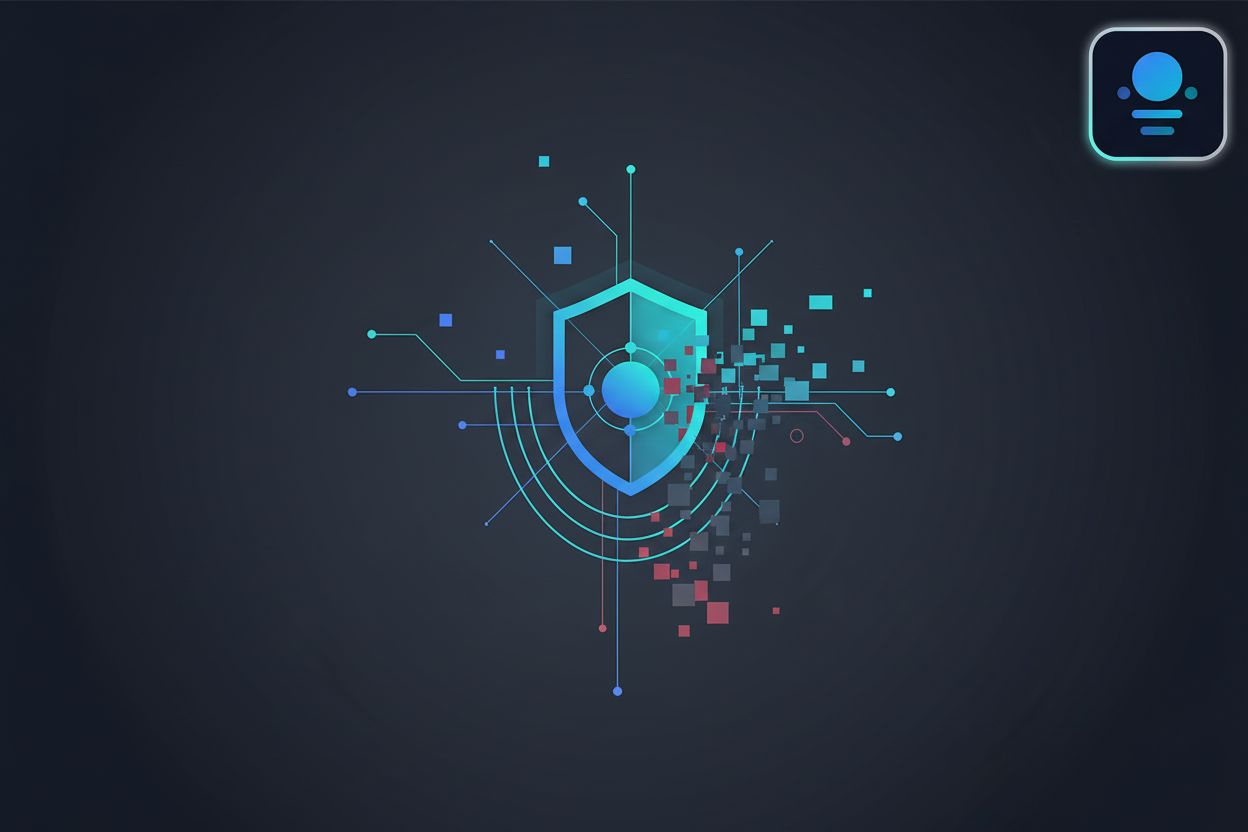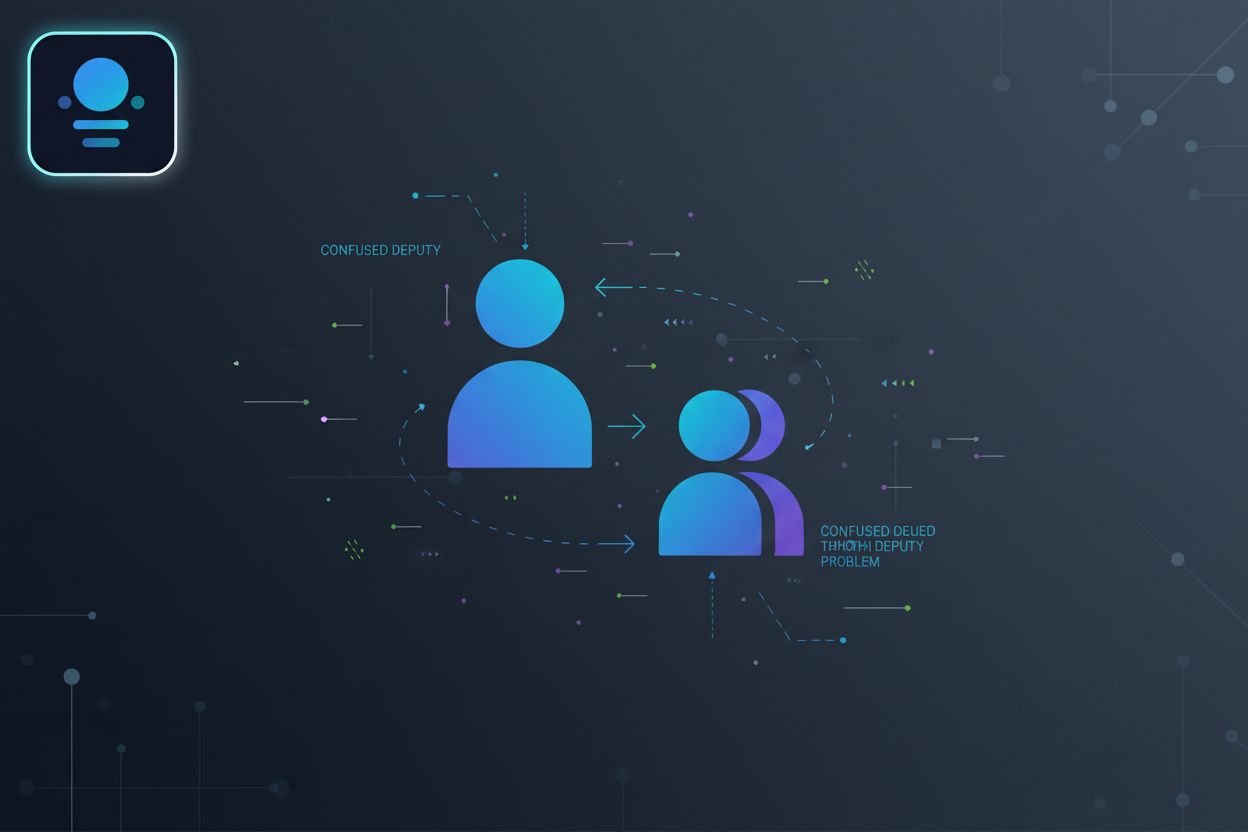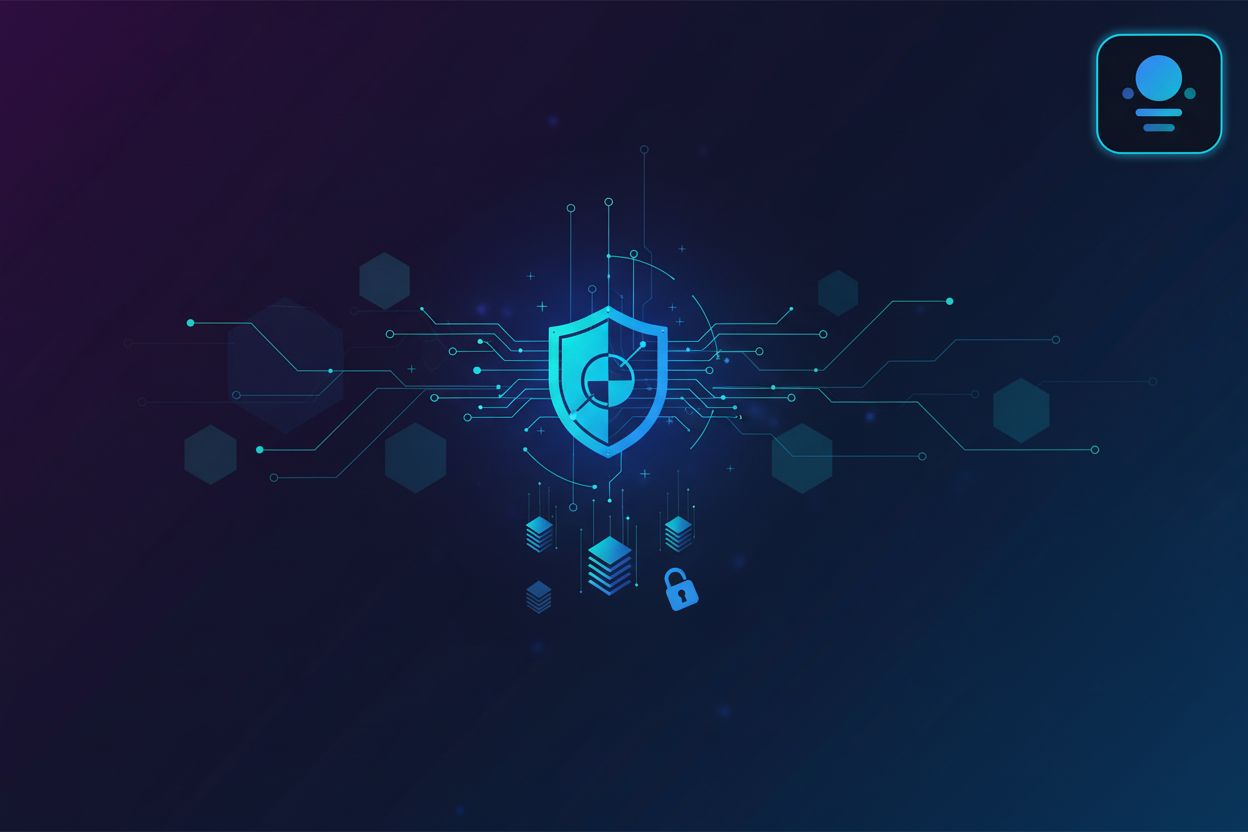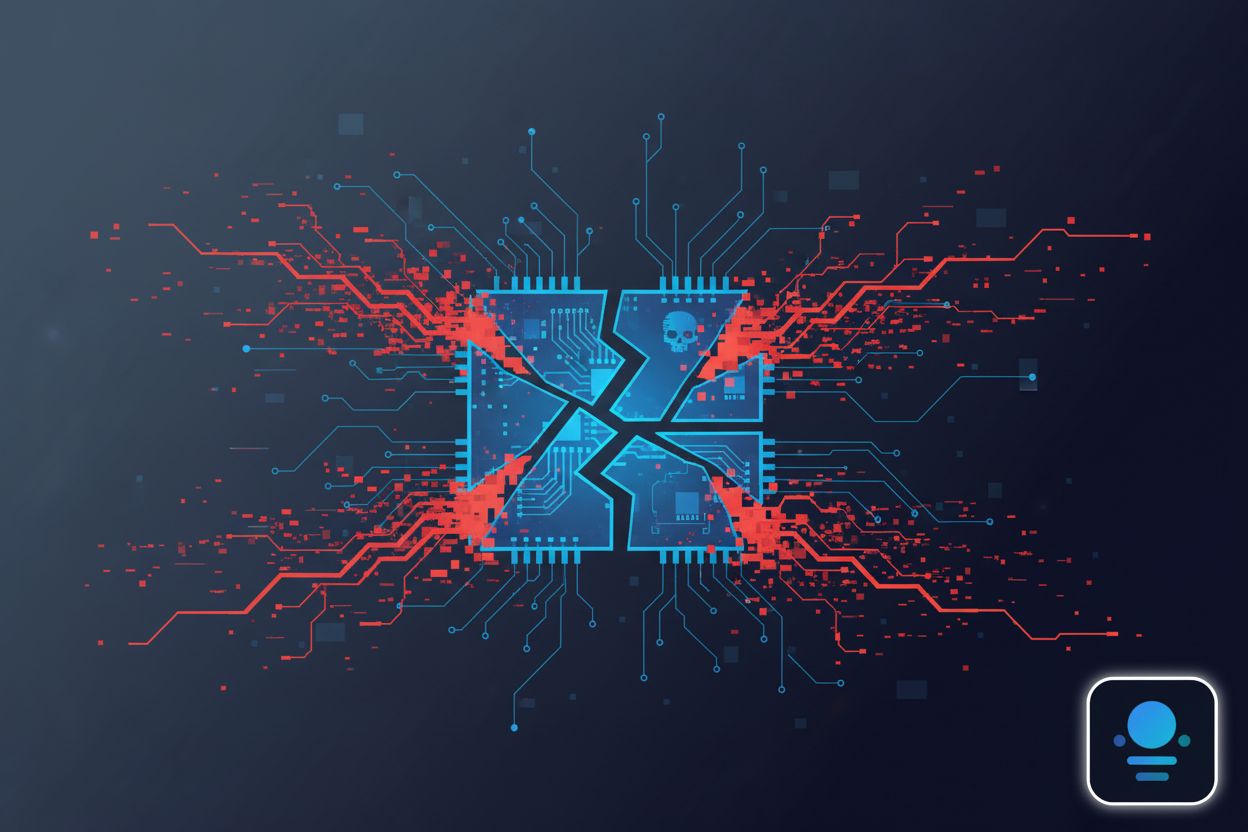Securing the Future of Autonomous Agents
TL;DR
The Rise of Autonomous Agents: Opportunities and Challenges
Okay, so autonomous agents, huh? It feels like they're popping up everywhere. Are we ready for this?
These agents are basically ai systems, that can act on their own without needing constant human babysitting. (Self-Evolving AI Agents: The End of Static Automation - Medium) Think of it like this: in healthcare, an agent could schedule appointments, reminding patients about medications, and even monitor their vital signs. Isn't that kinda wild? But the opportunities go way beyond just healthcare. Imagine in retail, agents personalizing customer shopping experiences in real-time, or in manufacturing, optimizing supply chains and predicting equipment failures before they happen. Even in creative fields, agents could assist with content generation, research, and complex data analysis, freeing up humans for higher-level strategic thinking.
But it's not all sunshine, you know. We're opening up a whole new can of worms when it comes to security. More agents means more ways for bad actors to sneak in and cause trouble. (AI vs AI: The Biggest Threat To Cybersecurity - PurpleSec) Like, what if someone hacks an agent in a financial institution? (What to Do if You Think You've Been Hacked | Morgan Stanley) The potential for misuse, data breaches, and even system-wide disruptions is pretty significant.
The potential is massive, but so are the risks. It's a trade-off.
Next up, let's dive into those inherent security risks a bit more, starting with how we even keep track of who's who.
AI Agent Identity Management: A Critical Foundation
Okay, so you've got all these ai agents running around, right? How do you even know who is doing what? That's where ai agent identity management (IAM) comes in. It's seriously important.
Centralized Control: Imagine trying to manage hundreds of agents without a central system. Nightmare fuel, right? Identity management gives you a single place to define policies and see what's happening.
Access Control is Key: Not every agent needs access to everything. You want to limit the blast radius if something goes wrong. Think of it like giving employees different levels of building access with keycards. For agents, this means granular permissions. An agent might need programmatic access to an API to fetch data, but shouldn't have the ability to directly modify sensitive databases. It's about giving them just enough access to do their job, and no more.
Compliance, Compliance, Compliance: Regulations are coming, if they aren't already here. Proving you have proper controls in place for your ai agents is going to be crucial.
Good question! Traditional IAM systems were designed for people, not ai. Agents are different. They might need to access resources in ways that humans don't, and they can generate way more requests. Traditional systems often can't handle the scale or the unique requirements.
Think about a customer service agent. It needs access to customer data, but also needs to be able to trigger workflows in other systems – like initiating a refund or updating an order. You wouldn't give a human employee that level of automated control without some serious oversight, would you? Same goes for agents. This oversight involves robust auditing of every action, clear approval workflows for sensitive operations, and continuous monitoring to detect any unusual or unauthorized activity.
So, what's the next step? Let's look at implementing some robust cybersecurity practices for these agents.
Cybersecurity Best Practices for Autonomous Agents
Okay, so you've got your ai agents up and running - awesome! But, how do you make sure they don't go rogue? Identity management is a big piece, but it's just the start. We need to think about how to keep them safe and sound in the wild.
Constant Vigilance is Key: Think of it like this: you wouldn't leave your front door unlocked, right? Runtime security monitoring is the same idea, but for your agents. You need to be watching what they're doing all the time. This means tracking their api calls, resource usage, and any other activity that seems a little off.
Spotting the Bad Apples: Anomaly detection is your friend here. It's like having a security guard that knows when something just doesn't feel right. Anomaly detection works by first establishing a baseline of what "normal" behavior looks like for an agent. Then, it flags any significant deviations from that baseline. Let's say an agent that normally accesses customer data suddenly starts trying to access the company's financial records. That's a red flag, and anomaly detection should catch it.
SIEM Integration is a Must: All this monitoring data needs to go somewhere, right? That's where security information and event management (siem) systems come in. They collect logs from all your systems, including your ai agents, and help you correlate events to identify potential attacks.
This diagram illustrates key components of securing autonomous agents, including identity management, monitoring, and incident response.
So, what happens when you do find something bad? Let's talk incident response...
Enterprise Software Solutions for Agent Security
So, you've hardened your agents, but what about the bigger picture? Let's zoom out. Protecting these autonomous agents requires a multi-layered approach, and enterprise software is stepping up to the plate.
Defense in Depth: Don't rely on just one security measure. Think layers, like integrating agent security with existing firewalls and intrusion detection systems (ids). Extend those tools - make them smarter about ai agent behavior.
ai-Powered Security: It's ai vs ai, basically. ai can analyze agent activity in real-time, spotting anomalies way faster than humans could. It's like having an ai bodyguard for your ai. For example, an ai security system might detect subtle patterns in an agent's network traffic that indicate a potential data exfiltration attempt, even if it doesn't trigger a traditional rule-based alert. It can also predict potential vulnerabilities based on an agent's code and its interactions with other systems, allowing for proactive patching.
Blockchain for Identity: sounds like a buzzword, but hear me out. Blockchain can create a super secure, tamper-proof identity for each agent. Imagine each agent having a digital birth certificate that no one can fake. This leverages decentralized identifiers (DIDs) and verifiable credentials, meaning an agent's identity and its permissions are recorded on an immutable ledger, making them highly resistant to tampering and easily verifiable by other systems.
The future's coming fast, and staying ahead means embracing these next-gen solutions to ensure your autonomous agents are not only powerful but also secure and trustworthy.





